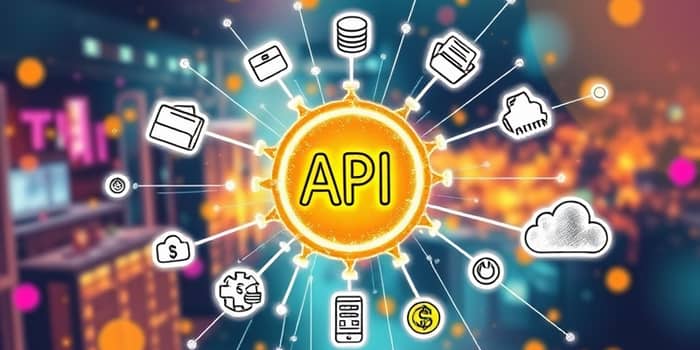
The API Economy is reshaping the financial landscape, empowering institutions, fintechs, and consumers alike. By fostering seamless connections, APIs drive efficiency, spark creativity, and deliver personalized experiences at scale.
The API Economy refers to business models built around application programming interfaces, enabling disparate software systems to communicate, share data, and expose functionality. APIs serve as the backbone of modern digital ecosystems, offering a modular approach that accelerates development.
At its core, an API is an intermediary—an interface that allows one piece of software to invoke features or retrieve data from another. In finance, this translates to powerful integrations between banks, third-party services, and end users, laying the groundwork for rapid innovation.
Four foundational building blocks support the API ecosystem in financial services:
This platform model multiplies value by connecting internal systems with external developers and partners, unlocking new use cases and revenue streams.
APIs power modern fintech offerings: payment gateways like Stripe, robo-advisors, peer-to-peer lending platforms, and neobanks. By exposing core banking functions, financial institutions can collaborate with agile startups to co-create innovative products.
Open Banking mandates such as PSD2 in Europe and CMA requirements in the UK oblige banks to provide APIs, enabling customers to share their data securely with authorized third parties. This regulatory push accelerates interoperability and sparks a wave of customer-centric solutions.
Financial organizations that embrace APIs experience a multitude of advantages:
These benefits translate into tangible gains—reduced costs, accelerated innovation cycles, and stronger customer relationships.
APIs have unlocked transformative applications across the financial spectrum:
Key metrics underpinning the rise of the API Economy in finance include:
These figures illustrate how APIs facilitate hundreds of millions of secure transactions every day, while offering institutions the chance to monetize previously inaccessible data.
APIs are at the heart of digital transformation in finance. They replace monolithic systems with modular, scalable architectures, enabling:
• Rapid prototyping in "innovation sandboxes" before scaling solutions into full-fledged offerings.
• Robust identity and access management frameworks that uphold security and compliance across global regulations.
• Ecosystem coordination that aligns banks, fintechs, regulators, and technology providers toward shared objectives.
Despite their potential, APIs introduce new vulnerabilities and complexities:
• Security and privacy risks demand strong authentication, authorization, and continuous monitoring.
• Governance and standardization require collaboration on common protocols and data schemas.
• Unpredictable transaction volumes call for resilient, auto-scaling infrastructure to maintain high availability.
Financial institutions can generate revenue through varied API monetization strategies:
Effective API management platforms provide governance, monitoring, billing, and developer portals, ensuring quality of service as usage scales.
The future points toward APIs becoming the de facto operating system for financial services. Entire banking architectures will migrate to cloud-based, API-driven models, integrating insurance, health, e-commerce, and logistics into unified value chains.
Emerging technologies like blockchain, AI-driven analytics, and IoT will plug into these API platforms, driving even greater personalization and operational efficiency.
The API Economy represents a paradigm shift in how financial services are conceived, built, and delivered. By embracing open, scalable, and secure interfaces, institutions can unlock unprecedented growth, foster deep customer engagement, and build resilient ecosystems for the future.
As APIs continue to evolve, stakeholders who invest in robust strategies—covering governance, security, and developer experience—will lead the next wave of financial innovation, creating a more interconnected and inclusive global economy.
References





